Ever wondered what it takes to bring a digital world to life, from a flicker of an idea to a fully interactive experience? The realm of game development is a captivating blend of art and engineering, offering boundless opportunities for creativity and innovation. For aspiring creators, learning and practicing game creation at home isn’t just a hobby; it’s a valuable pathway to honing critical skills, fostering logical thinking, and unleashing imaginative potential. This guide is tailored for game development for beginners, aiming to demystify the process and inspire you to embark on your own game-making journey right from your living room.
Materials & Supplies
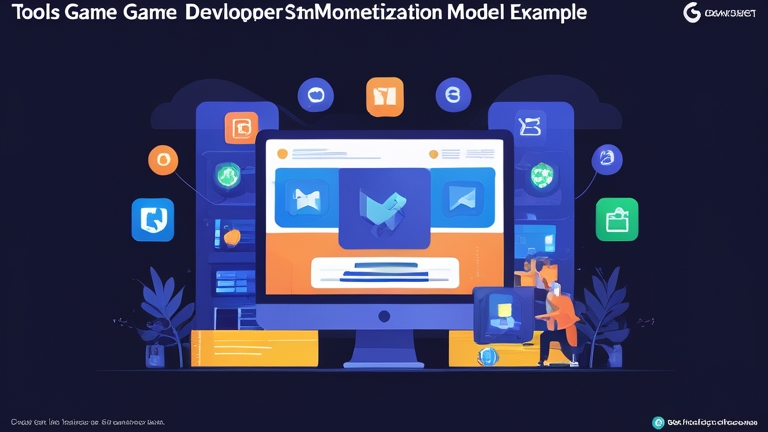
To kickstart your game development adventure, you’ll need a few essential tools. At its core, a capable computer (desktop or laptop) is crucial, providing the processing power and memory needed. For game engines, popular choices include Unity and Unreal Engine – both offer free versions packed with robust features. Unity is renowned for its user-friendliness, making it excellent for beginners, while Unreal Engine excels in stunning visuals, often favored for more graphically intensive projects.
A dedicated code editor like Visual Studio Code or Sublime Text is indispensable for writing scripts and managing your project’s code. For art assets, programs like GIMP or Krita offer free, powerful alternatives to Photoshop, enabling you to craft sprites, textures, and UI elements. Audio tools such as Audacity can help you record and edit sound effects and background music. Enhance your coding comfort and efficiency with a high-quality input device, like a Programing Mouse Pad for Visual Studio or a Visual Studio Code Shortcuts Mouse Pad, which provides quick access to commands, streamlining your workflow significantly.
Timing / Development Schedule
The journey from concept to a completed game can vary wildly, but a typical small project might follow a schedule like this:
- Concept & Design (1-2 weeks): Brainstorming ideas, outlining gameplay mechanics, and sketching out levels.
- Asset Creation (2-4 weeks): Designing characters, environments, UI, and gathering/creating audio.
- Coding & Implementation (4-8 weeks): Bringing all assets together, programming game logic, and building core features.
- Testing & Debugging (1-2 weeks): Playing through the game repeatedly to identify and fix bugs, refine gameplay.
- Polishing & Publishing (1 week): Adding final touches, optimizing performance, and preparing for release.
For beginners, allocate ample time for each phase, especially coding and debugging. A simple 2D platformer might take 2-3 months of part-time work, while a more ambitious project could extend much longer.
Step-by-Step Instructions
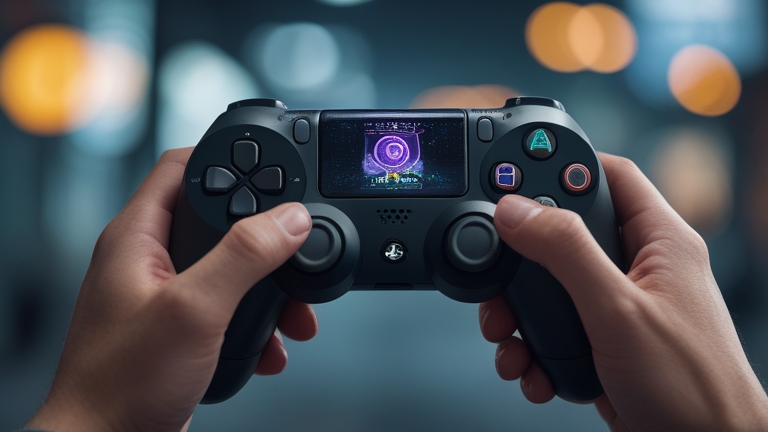
Embarking on your first game is exciting! Here’s a streamlined approach:
- Define Your Scope: Start incredibly small. A “Pong” clone, a simple platformer with one level, or a “Flappy Bird” style game is perfect. Don’t aim for the next “Grand Theft Auto.”
- Choose Your Engine: Download and install Unity or Godot Engine. Explore tutorials to understand the interface.
- Basic Mechanics First: Focus on core gameplay. Can your character move? Can it interact with objects? Get the fundamental loop working before adding flair.
- Create Placeholder Assets: Don’t get bogged down in perfect art. Use simple colored squares or circles as stand-ins.
- Iterate and Test: Constantly test your game. Build a feature, test it. Find a bug, fix it. This iterative process is key to smooth development.
- Seek Feedback: Show your game to friends or family. Fresh eyes often spot issues you’ve overlooked.
Advantages of Learning Game Development
Beyond the sheer fun, learning game development offers profound benefits. It cultivates creativity, pushing you to invent new worlds and challenges. It sharpens problem-solving and logical thinking skills, as you debug code and design systems. Teamwork can also flourish, even if you’re collaborating online on open-source projects. Furthermore, the skills acquired – programming, graphic design, audio engineering, project management – are highly transferable, opening doors to diverse career opportunities in tech, simulation, and interactive media.
Tips, Alternative Methods, or Development Advice
To make your journey smoother, consider starting with 2D games, which are less resource-intensive and easier to grasp than 3D. Visual scripting tools like Unity’s Bolt or Unreal’s Blueprints can also lower the barrier to entry by allowing you to create logic without extensive coding. Don’t hesitate to collaborate online; communities like Discord servers and forums offer invaluable support. For those interested in the commercial side, understanding how successful titles generate revenue, by analyzing a specific monetization model example, can inform your design choices early on, making your learning even more purposeful.
Common Mistakes to Avoid
New developers often stumble on similar pitfalls. The most common is overcomplicating the first project; scale is your enemy here. Neglecting consistent testing leads to an accumulation of bugs, making later fixes a nightmare. Ignoring player feedback means missing opportunities for improvement. To avoid these, start small, test often, and actively listen to constructive criticism. Break down large tasks into smaller, manageable chunks to maintain momentum and motivation.
Maintenance / Update Tips
Releasing your game isn’t the finish line; it’s often just the beginning. Implementing version control (e.g., Git) from day one is crucial for tracking changes and collaborating. Be prepared for bug fixes and consider adding new content or features based on player feedback. Regular updates keep your community engaged and demonstrate your commitment to the game. Just as important, maintaining a robust monetization model example often relies on sustained engagement and fresh content. Always back up your project files regularly!
Conclusion
Learning game development at home is an incredibly rewarding endeavor that hones a vast array of technical and creative skills. Start small, maintain a curious mindset, and consistently practice. Don’t be afraid to experiment, make mistakes, and learn from them. The journey is just as important as the destination. We encourage you to explore more tutorials, join a vibrant developer community, and share your unique creations with the world.
FAQs
What programming language should I start with?
For Unity, C# is the primary language, known for being relatively beginner-friendly. For Unreal Engine, C++ is core, but Blueprints (visual scripting) can be used without coding. Python is also a great general-purpose language for learning programming logic.
Which game engine is best for beginners?
Unity is often recommended for its extensive tutorials, large community, and versatility. Godot Engine is another excellent free and open-source option with a gentle learning curve.
How long does it take to make a small game?
A very simple game (like Pong or a basic platformer) could take anywhere from a few weeks to 2-3 months of part-time effort for a beginner.
Do I need to know coding to start?
While coding is fundamental, you don’t need to be an expert. Many engines offer visual scripting tools (like Unity’s Bolt or Unreal’s Blueprints) that allow you to create game logic without writing traditional code, making it easier to start.
Where can I publish my first game?
For PC games, platforms like Itch.io and Steam are popular. For mobile, Google Play Store and Apple App Store are the main avenues. Itch.io is particularly friendly for indie developers and beginners to share their creations.

Beats-Studio Pro Cancelling Headphones
Beats Studio Pro - Wireless Bluetooth Noise Cancelling Headphones with USB-C Charging Cable (20 cm) - Jet Black
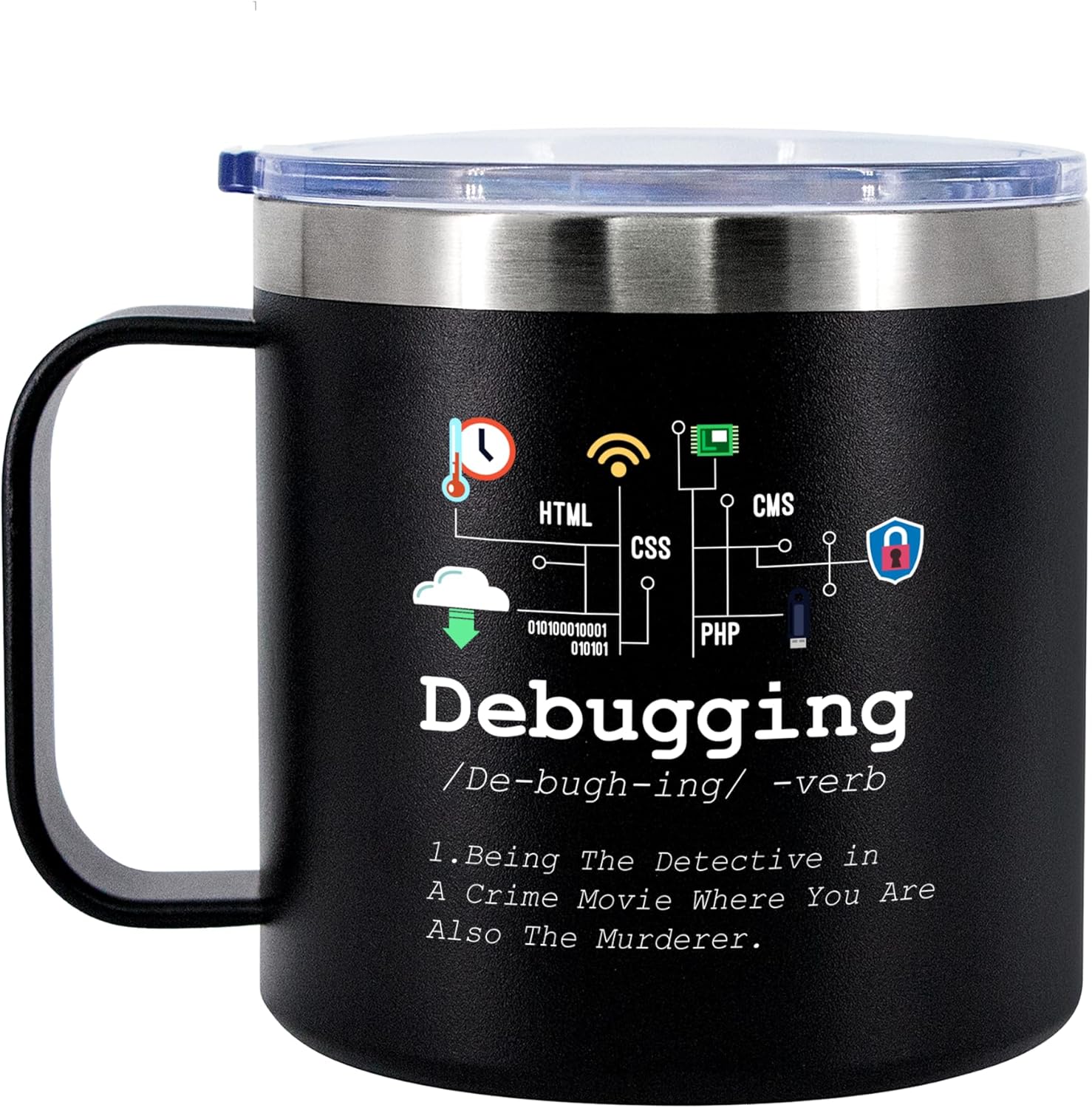
Panvola
Panvola Debugging Definition Computer Programmer Student Teacher Geek Coder Tech Support Programming IT Insulated Coffee Mug with Handle and Lid Camping Travel Thermal Mugs 14 oz Black
interface sounds OGG
interface sounds, UI sound effects, UX sound effects, game UI sounds, mobile UI audio, notification sound effects, button click SFX, menu sounds, toggle switch sounds, error alert sounds
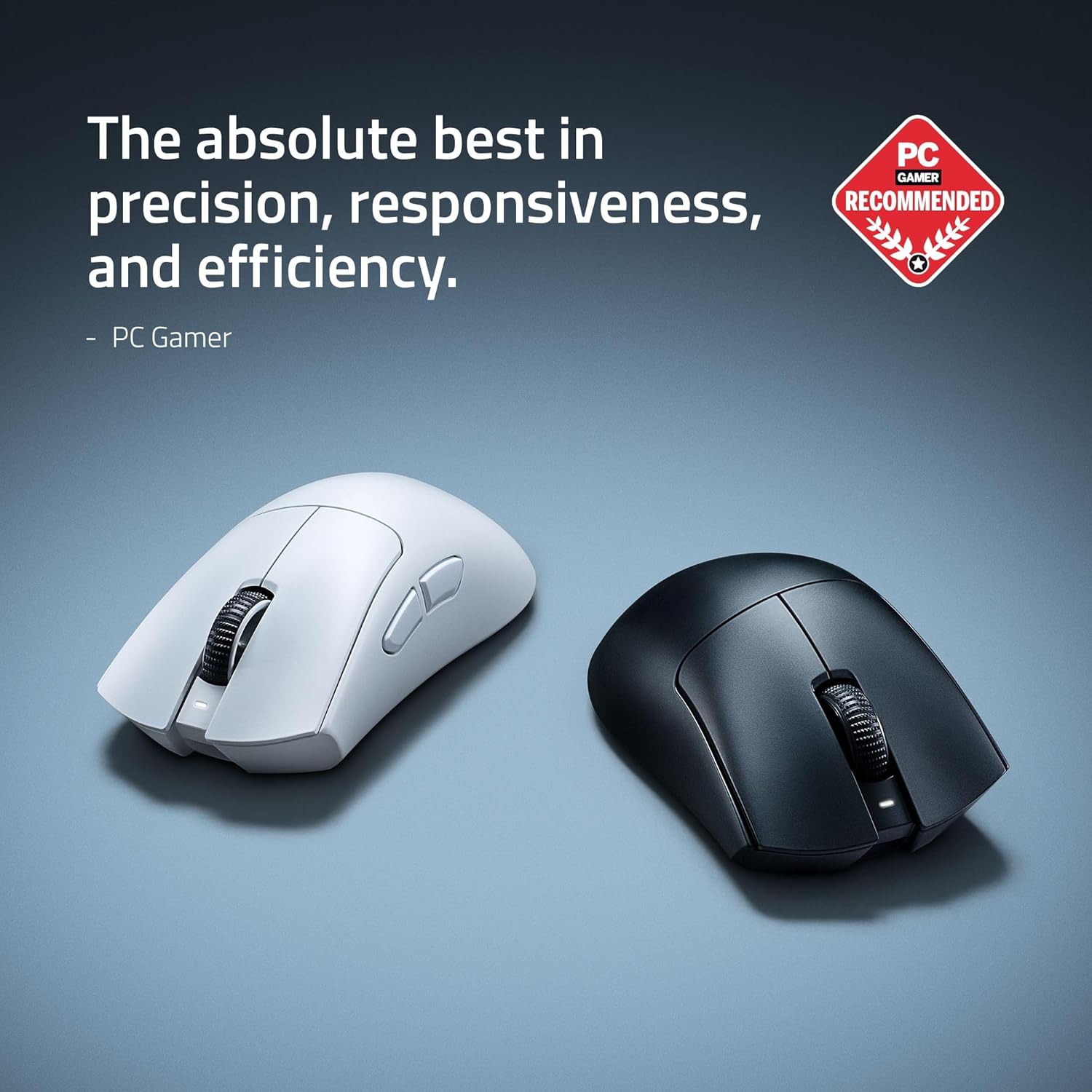
RAWM ES21 Wireless Gaming Mouse
Razer DeathAdder V4 Pro Wireless Gaming Mouse: 56g Lightweight - HyperSpeed Wireless Gen-2 - Optical Scroll Wheel - Optical Switches Gen-4 - Focus Pro 45K Sensor Gen-2 - Up to 150 Hr Battery
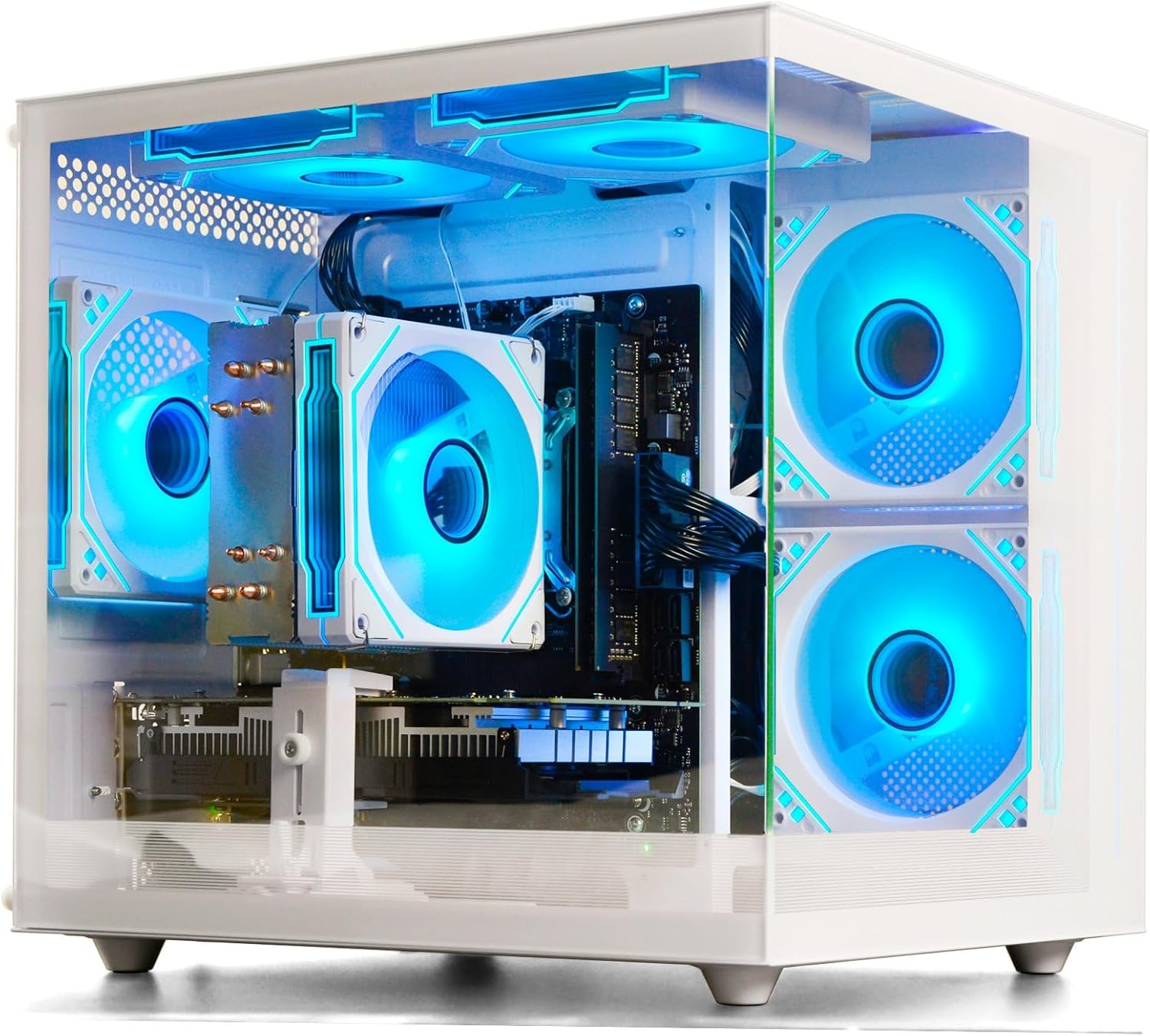
Prebuilt Gaming Desktop Computer
Prebuilt Gaming Desktop Computer | 16G Memory | 512G SSD | AMD Ryzen5 6Cores 3.6G Up to 4.1G | RX 560 4G Graphics Card | Wi-Fi 6 | Gamer PC White

Razer
Razer Basilisk V3 Pro 35K Wireless Gaming Mouse: HyperScroll Tilt Wheel - 35K DPI Optical Sensor Gen 2-13 Customizable Controls - Chroma RGB - Optical Switches Gen 3 - Up to 140 Hr Battery - Black

